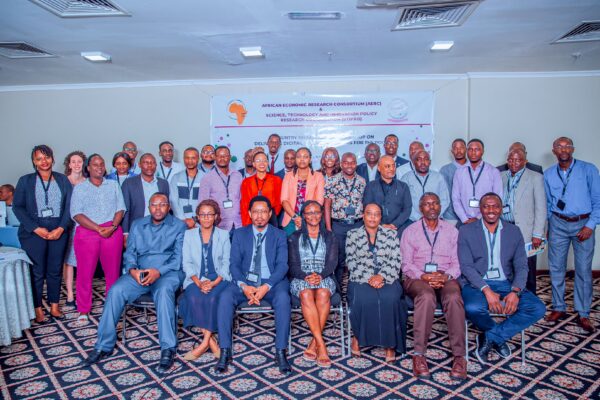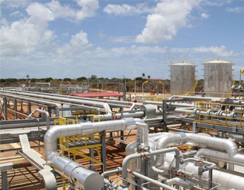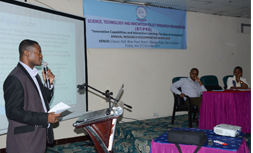The Science, Technology, and Innovation Policy Research Organization (STIPRO) hosted a significant policy roundtable at the White Sand Conference Centre. The event brought together key stakeholders from private companies, government ministries, and agencies involved in the energy sub-sector to discuss the future of renewable energy in Tanzania.
The roundtable followed a series of presentations from a four-year international research project (2021-2025) that aims to shed light on how renewable energy is prioritized across different countries. This collaborative effort, which includes partners from Denmark, Tanzania, and Ghana, seeks to contribute to a deeper understanding of the energy transition in Sub-Saharan Africa (SSA) countries.
In attendance were representatives from various private sector entities, alongside officials from the Tanzanian ministries and agencies responsible for energy policy and implementation. The discussions were driven by insights from the research project, which is being carried out by several prestigious institutions: the Danish Institute for International Studies (DIIS), the Technical University of Denmark (DTU), STIPRO, the University of Dar es Salaam, Kwame Nkrumah University of Science and Technology (KNUST), and the University of Ghana.
The research project, under the stewardship of these institutions, is focused on understanding the factors that influence the prioritization of different energy technologies in SSA countries. The project’s policy objective is to provide evidence-based findings that can inform better decision-making in the partner countries, particularly in promoting the adoption and integration of new renewable energy technologies.
In addition to the research presentations, the Tanzanian Ministry of Energy provided a detailed overview of the country’s energy sector. The presentation offered a snapshot of the current energy landscape, analyzed the alignment of national energy policies with the push for renewable energy, and updated on the progress of ongoing renewable energy projects. It also reviewed the legal, regulatory, and institutional frameworks governing the sector, outlined future plans for renewable energy development, and addressed the significant challenges facing the sector.
During the event, discussions revolved around the current state of renewable energy in Tanzania, the challenges faced in its implementation, and the potential strategies to overcome these hurdles. The participants emphasized the need for a coherent policy framework that supports innovation and investment in the renewable energy sector. The private sector representatives also highlighted the importance of public-private partnerships in driving the energy transition.
One of the key takeaways from the roundtable was the recognition that while Tanzania has made strides in renewable energy development, more needs to be done to scale up these efforts. Participants called for increased collaboration between the government and private sector, as well as a greater focus on capacity building and local content development to ensure that the benefits of renewable energy are widely shared.
The roundtable concluded with a call to action for all stakeholders to continue engaging in constructive dialogue and to work together towards a sustainable energy future for Tanzania. As the research project enters its final year, the findings and recommendations generated will be crucial in shaping the country’s energy policies and strategies in the years to come.




